Did you know federal law protects consumers from defective products and holds manufacturers accountable for quality and safety? The Magnuson Moss Warranty Act, often considered the foundation of federal lemon law, outlines crucial consumer regulations and protections.
In this informative guide, we’re taking a closer look at this important legislation, what it means for your consumer rights, and how it works with lemon laws in California.
What is the Magnuson Moss Warranty Act?
The Magnuson Moss Warranty Act is a federal law enacted in 1975 to regulate consumer product warranties. Essentially, it ensures that vehicle manufacturers and sellers deliver on their promises, and it protects consumers against deceptive warranty practices. The Act mandates transparency in the terms of warranties, making them easier to understand and enforce.
The Magnuson Moss Warranty Act sets requirements for warranty terms and supports consumer rights by preventing warrantors from including deceptive clauses in their warranties. It requires that warranties be available for examination before purchase, promoting transparency and allowing consumers to make informed decisions.
Also, the Act stipulates that companies cannot unfairly disqualify warranty coverage by demanding that consumers use only branded parts for repairs. By setting these federal standards, the Act ensures a certain standard of protection that applies regardless of state laws, which creates a more uniform regulatory environment for warranties across the United States.
What are the Federal Magnuson Moss Warranty Act Requirements?
The federal statute and Magnuson Moss Warranty Act establishes specific requirements for warranties to enhance consumer protection:
Pre-Sale Availability
Warranty terms must be readily available to consumers before purchase, allowing for informed decision-making. This rule helps consumers compare warranty options and understand what protections they are entitled to before committing to a product.
Detail and Transparency
The Act demands that all warranties detail the extent of coverage and the essential steps a consumer must take to claim the warranty. Warranties must be designated as “full” or “limited” and presented in simple, understandable language. This includes specifying what parts and repair problems are covered and for how long, ensuring that consumers are not misled about the extent of their coverage.
Dispute Resolution
The Magnuson Moss Warranty Act also requires that warrantors establish a mechanism for consumers to address and resolve disputes efficiently before initiating legal actions. This often involves a third-party mediation or arbitration process, which must be reasonably accessible and sufficient for resolving disputes under the warranty terms.
These stipulations ensure that warranties provide genuine protection and recourse for consumers rather than empty promises that leave them without support when defects arise. By regulating the nature of warranties, the Act helps maintain a fair marketplace where consumer rights are respected and upheld.
What are Implied Warranties Under the Magnuson Moss Act?
Beyond explicit warranties, the Magnuson Moss Act governs implied warranties – unspoken, unwritten guarantees that products will function as expected. This ensures that even without a written promise, a product must fit the ordinary purposes for which such goods are used.
This means that even if a seller does not offer a written warranty, the product is still expected to perform satisfactorily under normal use. The Act prohibits warranties from disclaiming implied warranties outright, ensuring that consumer products meet basic standards of quality and performance providing a baseline level of protection for all consumers.
How Lemon Law & the Magnuson Moss Warranty Act Relate
While the Magnuson Moss Act provides a federal framework for all consumer warranties, lemon laws specifically address vehicles and are enacted at the state level. These laws work together by ensuring that defective vehicles that do not meet quality and performance standards can be returned, replaced, or refunded. The Act strengthens lemon law claims by ensuring that warranty terms are clear and enforced, supporting consumers’ rights to remedy.
Think You Might Qualify for Protections Under Federal Lemon Law?
If your vehicle or any consumer product fails to perform as warranted, you might be protected under the Magnuson Moss Warranty Act. This Act is crucial for those whose state lemon laws may not fully cover their issues, offering a federal layer of protection against defective products.
Understanding your rights under the Magnuson Moss Warranty Act and how it complements California lemon laws can empower you to take action against defective products. If you suspect that your vehicle or any other consumer good is a lemon, contact Prestige Legal Solutions. Our expertise in navigating both federal and California lemon laws will ensure that your rights are protected.
Schedule a free consultation with an experienced California lemon law attorney today to explore your options and get the justice you deserve.
Image Credit: Phanphen Kaewwannarat / Shutterstock

